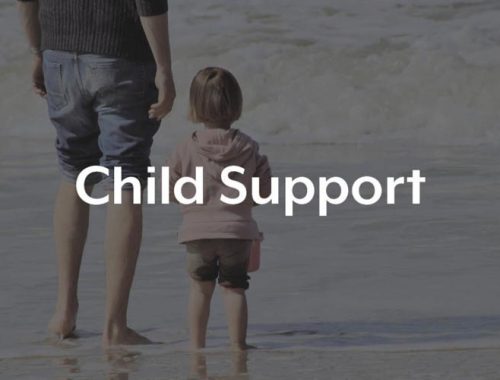If you are a parent of children and you have had to consult with your family lawyer with regards to a divorce, one of the concepts that they may have mentioned to you in your meetings is ‘the best interests of the child’. The best interests of the child is a principle which underpins almost every decision, ruling, and order that comes from the Family Court relating to children, especially when their parents are divorcing.
The main legislation that brought the best interests of the child to the legal table as it were, is the Family Law Act of 1975. This act changed many of the fundamental principles relating to families, divorce, and the welfare of children. For example, whereas it was previously assumed the mother would have sole custody of any children, that was changed so that both parents now have joint parental responsibility.
The Family Law Act also made it clear that when any decisions were being made that impacted the child of any marriage, for example with regards to visitation, that the main consideration should not be what is best for each parent, but what was best for the child. This meant a scenario where one parent was refusing to let the other visit the children or one was refusing to visit their children, were deemed not acceptable.
It is fair to say that if you were to ask 100 random people what they believed ‘the best interests of a child’ meant they would all give you different answers. This is almost certainly down to the fact that it can be somewhat subjective in determining what would benefit a child or not.
To help narrow it down, particularly in relation to divorce, the Family Law Act provided two key considerations that should be applied when deciding upon what is in the best interest of a child. The first is that a child should have a meaningful relationship with both of their parents, and the second was that the child should be protected from physical or psychological harm, including violence, threats, neglect, or abuse.
Now within those two considerations, there are going to be a number of factors that come into play, and so the Family Law Act has helpfully laid out what factors need to assessed when considering the best interests of any child. These include:
What relationship the child has with their parents and other family members.
The views of the child and how mature they are in being able to come to those conclusions.
How any changes to their living arrangements with either parent will affect the child.
How willing and able each parent is to create a positive relationship with their child.
Any history of domestic or family violence.
The child’s age, maturity, sex, background, and other relevant characteristics they may have.
Each parent’s history in terms of fulfilling their parental responsibilities until now.
As you can see these cover a lot of ground and are comprehensive in considering many aspects of the child’s relationship with their parents. However, it goes to show just how much focus that the Family Courts will have in making any kind of order if they relate to children of divorced parents, as they strive to ensure that any decision they do make is always in the child’s best interests.






